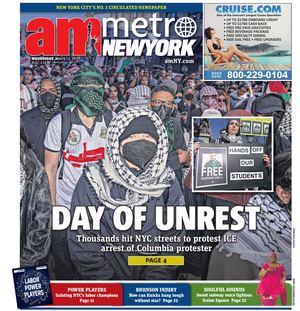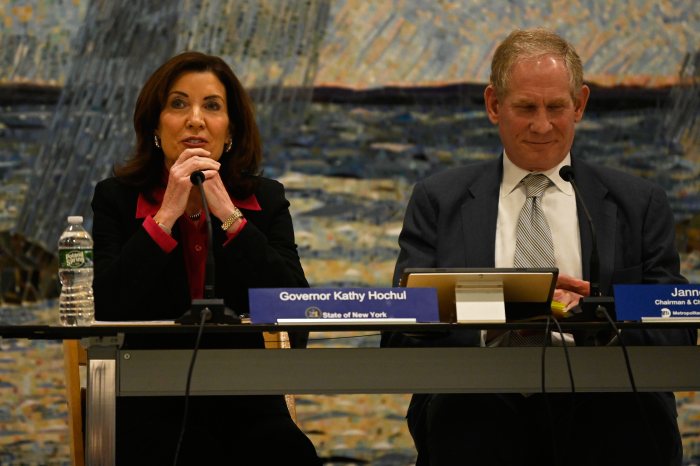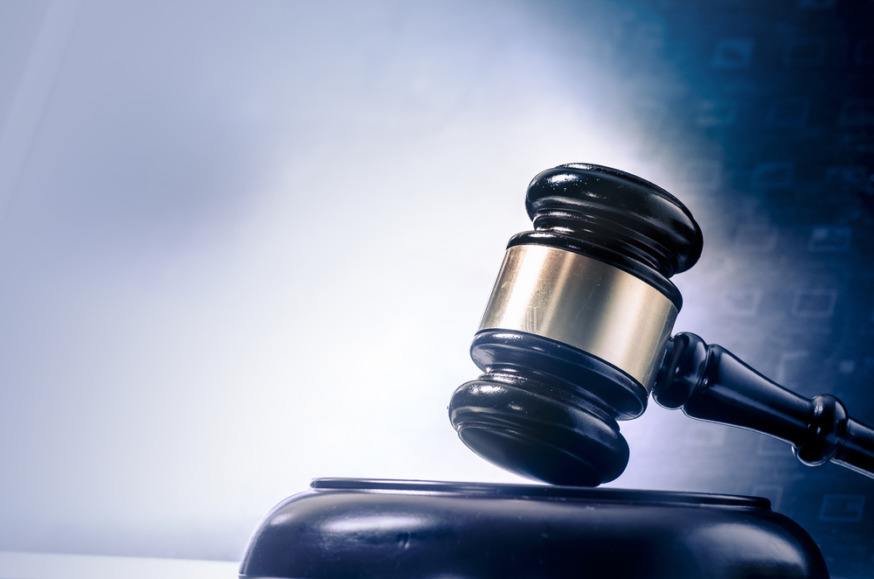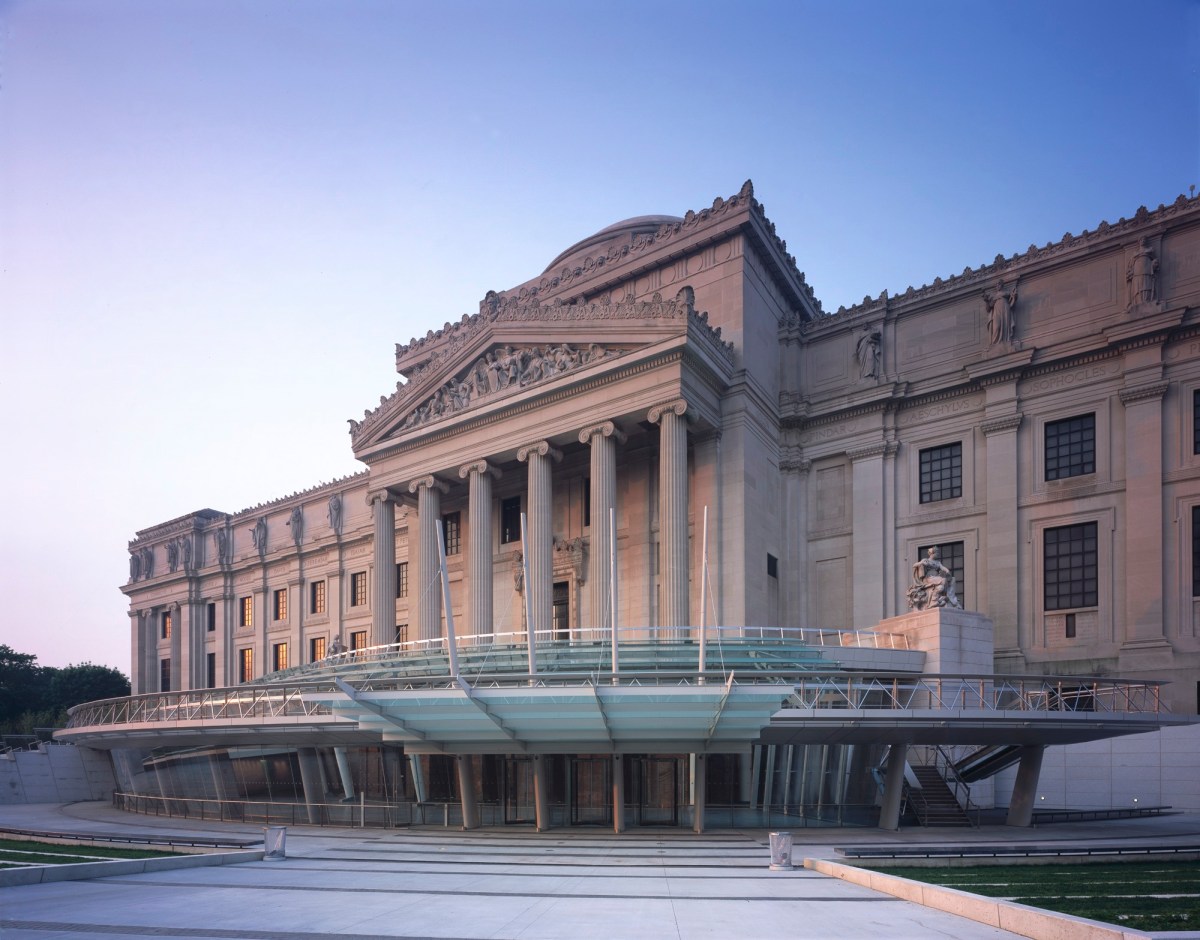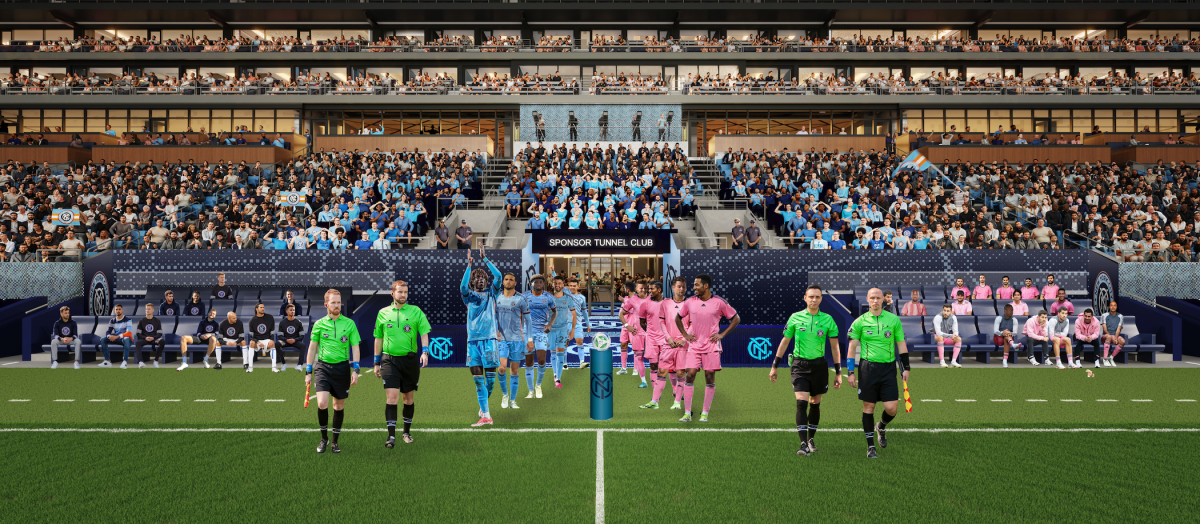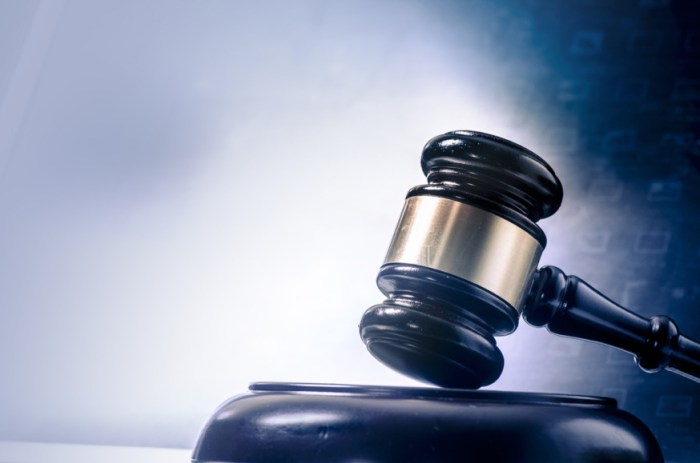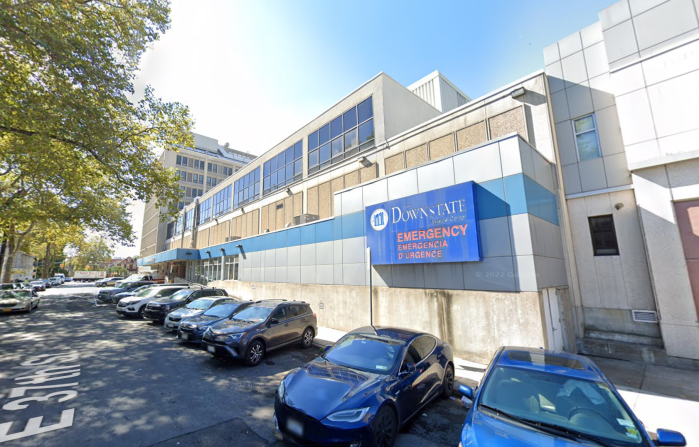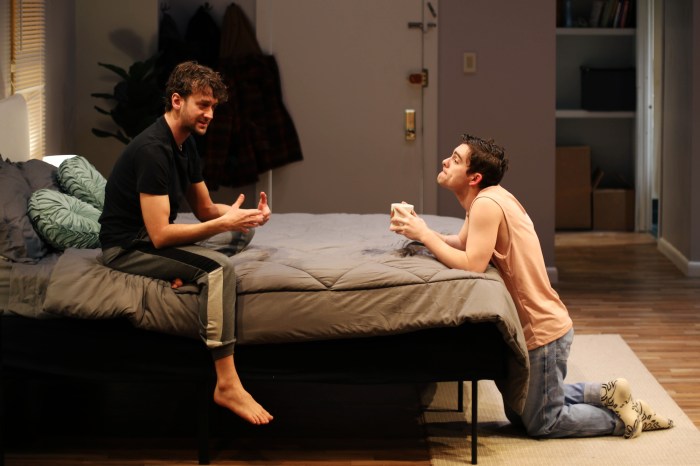The NYPD has stepped up traffic enforcement in the first six months of Mayor Bill de Blasio’s Vision Zero street safety program, though not all precincts are issuing more tickets.
Transportation Alternatives, a group that supports the mayor’s traffic plan, said in a report released Thursday there were “wide disparities” among precincts that fueled a hike in speeding and failure to yield tickets with stronger enforcement and precincts where the number of tickets declined or barely improved.
“The NYPD plays a really crucial role,” said Alana Miller, policy coordinator at TransAlt and the report’s author. “Drivers are way less likely to behave dangerously and commit dangerous violations if they know they can’t get away with it.”
NYPD enforcement targeting speeding and failure to yield — along with speed and red light cameras — is a key part of de Blasio’s effort to cut down traffic injuries and deaths. Speeding is a leading cause of pedestrian death, while failure to yield is the cause of more injuries, according to TransAlt.
In TransAlt’s six-month report, there were 54,854 summonses for speeding through June this year, compared to 41,683 from the same period 2013, a 32% increase; summonses for failure to yield shot up to 17,601, from nearly 7,000 in the first six months of last year, a 153% increase.
Precincts that ramped up ticketing can be located right next to a precinct where enforcement has been flat since Vision Zero was introduced to the city, the report found.
In the Manhattan North patrol borough command, the Upper West Side’s 26th Precinct gave out 533 speeding tickets, up from 294 last year. The 30th Precinct in West Harlem, meanwhile, saw speeding tickets decrease to 154, which is 207 fewer tickets than the first half of 2013; there were 182 more tickets for failing to yield, a total of 329 for the year.
“It creates confusion among drivers to have varying levels of enforcement,” Miller said. “The same roads go through them.”
TransAlt recommended an official for each borough command to coordinate traffic operations. The NYPD did not return requests for comment.
“We see that change at work in the increased enforcement against the most dangerous violations on our streets,” de Blasio spokesman Wiley Norvell said in a statement. “We are just at the beginning of bringing all our tools to bear to make our neighborhoods safer, but we are already seeing real progress.”
